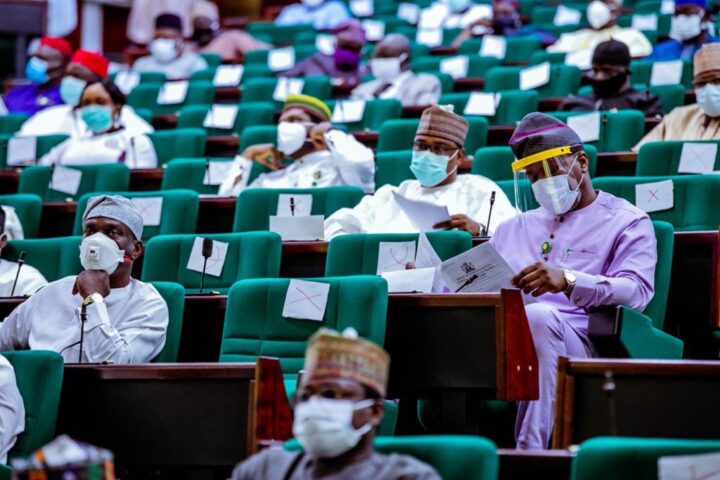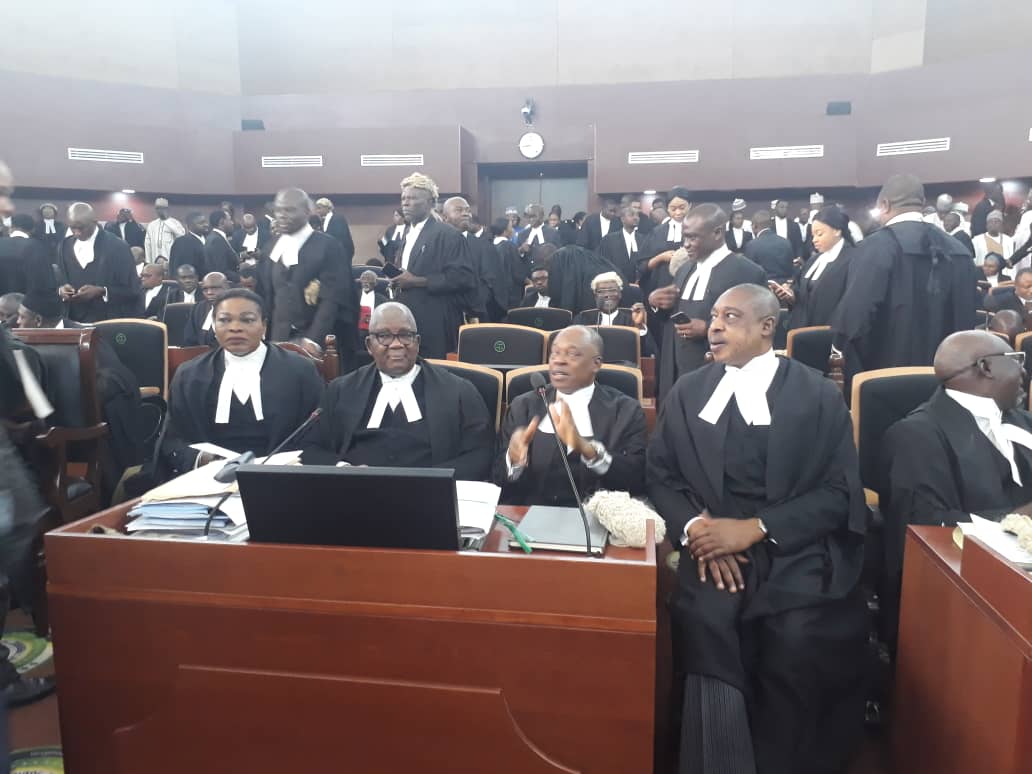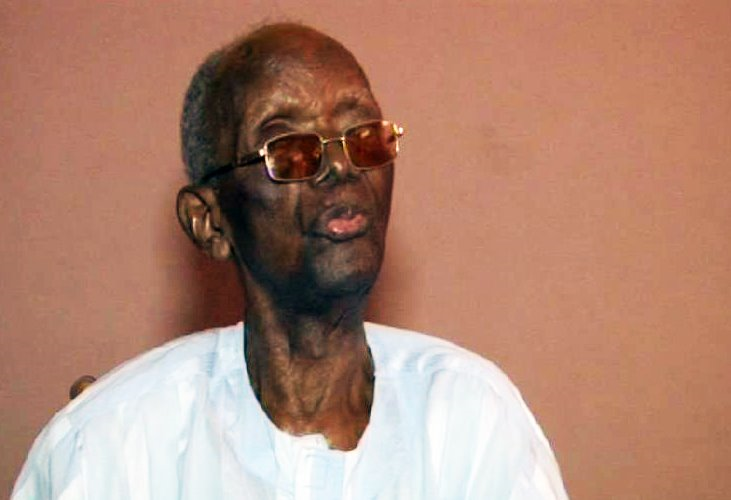BY TIMI OLAGUNJU
The Infectious Disease Act currently before the National Assembly, has 81 sections, 6 parts, and 43 pages. It is a Federal law proposed to make provisions relating to the quarantine and prevention of infectious diseases.
After reading through the 81 sections, I found the following to be most contentious and some provisions absolutely unconstitutional.
Section 13(1) states: “The Director General may ORDER any person who is, or is SUSPECTED to be, a case or carrier or contact of an infectious disease to be DETAINED and isolated in a hospital or other place for such period of time and subject to such conditions as the Director General may determine”. The issue with this provision is that it leaves room for gross violation of human rights and abuse of power. It implies that the Director General can order your detention on suspicion, not science.
Advertisement
Section 13(5) states:“Any person, being parent or guardian of a minor, who fails, without excuse, to comply with an order of the Director General under subsection (3) shall be guilty of an offence”. According to the same Act, a minor is defined as a person below 21yrs. However, this is different from provisions of other laws such as Section 31 (3) of the Child Right Act, which puts a minor’s age at 18 years. Therefore, why should a guardian or parent be held liable for offences committed by a child above 18 years old?
Section 15(3) states: “The Director General may, in relation to an isolation area, by order — (e) authorise the DESTRUCTION, disposal or treatment of any goods, STRUCTURE, water supply, drainage and sewerage system or other matter within the isolation area known or in contravention of an order under subsection (3) may be ARRESTED WITHOUT WARRANT by any police officer, or by any HEALTH OFFICER authorised in writing in that behalf by the DG.
Section 15(8) states: Goods brought into or removed from an isolation area in contravention of an order under subsection (3) shall be FORFEITED to the GOVERNMENT and may be seized, dealt with and disposed of in accordance with section 55(2) and (3).
Advertisement
Section 1(6) states: Any person who is aggrieved by any direction of the Director General as contained in a notice given to him under subsection (1) may, within 7 days from the date of the notice, appeal to the MINISTER whose decision shall be FINAL.
Section 47(1) states: The parent or guardian of every child in Nigeria shall ensure that the child is vaccinated against the diseases set out in the Fourth Schedule.
Section 48(1) states: In an outbreak or a suspected outbreak of any infectious disease in any area in Nigeria, the DG may by ORDER direct ANY PERSON or CLASS OF PERSONS not protected or VACCINATED against the disease to undergo VACCINATION or other prophylaxis within such period as may be specified
Section 48(2) states: In addition to the power conferred by subsection (1), where it appears to the Director that – (a) an outbreak of an infectious disease in any area in Nigeria is imminent; and (b) it is necessary or expedient to do so for the securing of public safety, the Director may by ORDER direct any person or class of persons not protected or VACCINATED against that infectious disease TO UNDERGO or other prophylaxis within such period as may be specified in the order.
Advertisement
Section 52 states: Any person who contravenes any provision of this Part, or fails to comply with any notice given under section 47 or order made under section 48, shall be guilty of an offence. The real issue with this section is the criminalization of the freedom of choice of an adult as to whether to receive vaccines or not.
Further to these points, the proposed Act violates the principles of Federal Governance, as the Director General has powers that overrides and conflict with State powers in some instances. This proposed Act helps the Federal Government stretch its hands into State’s affairs directly, without any recourse to due consultation.
The draft Act unnecessarily and unduly violates all known fundamental human rights you can imagine exists in the 1999 Nigerian Constitution.
Asides shamelessly lifting from Singapore’s Infectious Disease Act 2003, certain provisions already exists copiously in the Nigerian laws.
Advertisement
The Act deliberately overworks and overburdens the already burdened Director General, NCDC. It requires major rework, and engagement with stakeholders from the civil society, to the National Assembly, to the private sector, to citizens . The willingness of leadership of the Federal House of Representative, Hon. Femi Gbajabiamila, to have a remote Hearing on the matter is commendable.
Frankly, The Child Rights’ Act 2003 includes provisions compelling immunisation, yet Nigeria has one the highest infant mortality rates in the world. Compelling Nigerians to take vaccines does not necessarily guarantee success, especially with the current issues and social trends around vaccine.
Advertisement
Timi Olagunju is a tech lawyer and policy consultant. He tweets @timithelaw
Advertisement
Views expressed by contributors are strictly personal and not of TheCable.
Add a comment





